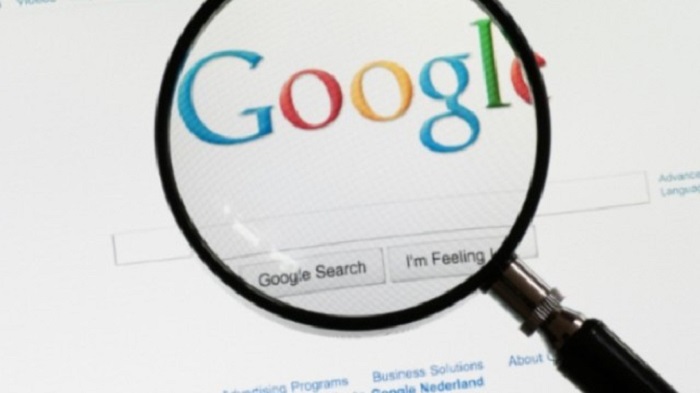Nairobi, KENYA: Living the fast life on the 21st Century Lane, Google is just inevitable more like that best friend who has answers from everything.
Due to its popularity the term Google was added to the Oxford English Dictionary in 2006.
There have been memes during rounds on social media saying that during graduation one should thank Google, Wikipedia, Ctrl+C and Ctrl+V.
During a Chill Out session with Michael Murungi Google’s East Africa Manager for Policy and Government Relations, he noted with concern that there could be risks when using the internet.
Since most people like to Google then most are at risk of falling prey to phishing and other online traps.
“Phishing is a type of online fraud where someone tries to trick you into revealing sensitive details such as a username, password or credit card details by appearing to be from a legitimate source, such as a bank, social network, or even Google,” Mr. Murungi noted.
He advised that online users should never reply to suspicious emails with their own personal or financial information.
“Never enter your password after following a link in an email that you don’t trust. Check the web address carefully and beware of fake URLs. Install browser updates immediately they are available. You can use Safe Search which allows you to filter adult content from your internet searches,” he advised.
“Find out whether a website is safe before you attempt to access it. First look for a URL (a website’s address) that starts with https. The ‘s’ stands for ‘secure’. Look for a padlock icon in your browser. This is a good indication that the site is safe for you to pay online or share other information,” he said.
He added that to be safer, online users must always have strong passwords, use different passwords for different accounts and to always remember to log out before shutting down the browser in use.
Mr. Murungi also assured Google users that Google collects information from them only to improve their browsing experience.
“We collect information about the services that you use and how you use them, like when you watch a video on YouTube, visit a website that uses our advertising services, or view and interact with our ads and content,” he said.
He added that this information is used to deliver ads based on the user’s interests, including things like searches done or videos watched on YouTube.
“Google is incorporated and headquartered in the USA. It is bound by the US Constitution and also US federal and state laws on privacy. The 4th Amendment to the US Constitution protects the right of the people to be secure in their persons, houses, papers and effects against unreasonable searches and seizures,” he concluded as he assured users of their privacy.













